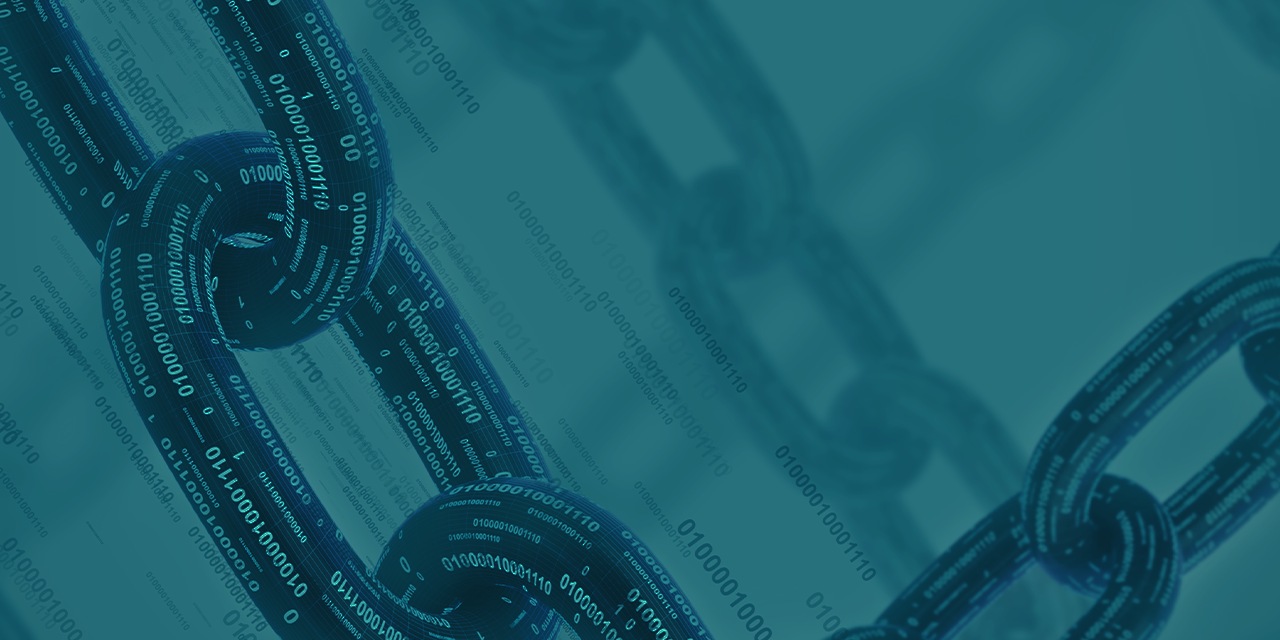Whistleblowers uphold transparency and ethics across various sectors. Shedding light on misconduct helps prevent fraud, corruption and other unethical practices. However, coming forward with sensitive information carries significant risks, including retaliation and breach of privacy.
Artificial Intelligence — through machine learning and natural language processing — enhances the security and anonymity of whistleblowers. These technologies can anonymize personal data, securely transmit information and manage incident reports with minimal human intervention. AI protects the identity of whistleblowers and encourages more individuals to report wrongdoing without fear of repercussions.
The Risks Whistleblowers Face
In 2022, the Securities and Exchange Commission (SEC) received over 12,000 tips from whistleblowers, marking the highest number of reports in a fiscal year. This surge highlights the growing willingness of individuals to report misconduct.
However, whistleblowing comes with significant challenges and risks — like employer retaliation or breach of privacy — which can have profound personal and professional repercussions.
Thankfully, laws like the False Claims Act offer protection against retaliation in government fraud cases, signaling a step in the right direction. Yet, the rising number of tips underlines the urgent need for more robust systems to safeguard these courageous individuals, ensuring they can report wrongdoing without fear of negative consequences.
Understanding AI and Machine Learning
AI can solve problems and make decisions almost like a human. Machine learning is a part of AI where the computer learns from data, getting more intelligent over time as it finds patterns and makes predictions without being directly programmed for each task.
These technologies are great at handling tons of data quickly and efficiently. When analyzing sensitive information, AI and machine learning can focus on the data’s essence without exposing personal details.
AI uses unique methods to keep data anonymous, meaning it can sift through and understand vast information. Meanwhile, it guarantees the privacy and confidentiality of the individuals involved are secure. This capability is especially valuable when handling sensitive data with care is crucial.
AI in Enhancing Anonymity
AI-powered systems excel at anonymizing reports by intelligently removing details that could reveal a whistleblower's identity. This process involves scanning the text for names, locations, dates and specific identifiers, then eliminating or replacing them with generic terms. It guarantees the core information remains without compromising the whistleblower's privacy.
Natural Language Processing (NLP) — a subset of AI — is crucial in this transformation. These algorithms can understand and interpret human language in a way that allows them to identify and anonymize personal and sensitive information in narrative reports.
They can contextually analyze texts, distinguishing between information that is crucial for understanding the report and details that could reveal the identity of the person reporting. By leveraging NLP, AI systems ensure the essence of the report remains while the data is anonymous, safeguarding the whistleblower’s identity effectively.
AI in Securing Data Transmission
Ai significantly enhances the security of data transmission between whistleblowers and authorities by incorporating advanced technologies such as encryption and blockchain. For instance, encryption uses complex algorithms to scramble data, making it unreadable to anyone without the decryption key. Meanwhile, AI can optimize these encryption methods, ensuring data is secure with the most current and robust security protocols.
On the other hand, blockchain provides a decentralized and immutable ledger, making it nearly impossible to alter reported information without detection. AI can manage blockchain systems to verify the integrity of the shared data, adding a layer of security and transparency.
Moreover, it can autonomously adjust security parameters in real-time. It continuously analyzes the data transmission environment for evolving risk factors — like new cyber threats or unusual access patterns — and dynamically updates security measures accordingly.
Machine Learning in Incident Management
Machine learning algorithms excel at sorting incidents by severity and authenticity, streamlining the prioritization process to ensure organizations address urgent matters swiftly. This technology boosts incident management efficiency, automating the tracking and updating of reports and reducing the need for manual oversight.
It groups similar documents for quicker review and employs data sampling techniques to glean insights from large datasets, making the review process faster and more insightful. Through these capabilities, machine learning enhances the responsiveness of incident reporting systems and significantly improves the overall management and analysis of reported data.
Challenges and Ethical Considerations
While AI offers significant advantages in protecting whistleblowers, it’s essential to acknowledge its limitations, including potential biases in AI systems. These biases can arise from the data on which AI is trained, potentially affecting the fairness and impartiality of incident reporting and analysis.
Further, using AI to handle sensitive information raises ethical considerations, such as ensuring data confidentiality and maintaining individuals' privacy. It’s crucial to continuously monitor and update AI systems to mitigate these biases and uphold the highest ethical standards, ensuring the technology protects and empowers whistleblowers effectively.
Leveraging AI for Enhanced Whistleblower Protection
Organizations stand to benefit immensely from adopting AI-powered incident reporting systems. These enhance the efficiency and accuracy of handling reports and significantly improve the anonymity and security of whistleblowers. By integrating AI into their incident reporting processes, companies can foster a culture of transparency and trust, encouraging more individuals to come forward with crucial information without fear of retaliation.



